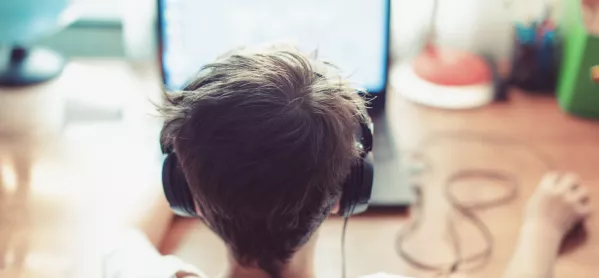The government could face legal action over pupils’ unequal access to remote education during the coronavirus lockdown period.
The Good Law Project is making the case that every pupil has a right to internet connectivity in their home, to prevent their falling behind in their education while schools are closed.
It has instructed lawyers to write to an inner-city local authority tomorrow on behalf of a group of children who are struggling or unable to access online education.
School closures: A guide to the tech to help you cope
Coronavirus: ‘We can’t home school the UK’s children’
Advice: 6 ways to support disadvantaged families
The crowdfunded case will be made on the basis of the Education Act 1996, supported by the Human Rights Act, the Equality Act and the UN Convention on the Rights of the Child.
If it proves that there is a breach of the Education Act, The Good Law Project intends to force the government to help councils meet the cost of provision for all children.
The not-for-profit organisation previously successfully challenged the government’s unlawful suspension of Parliament in 2019.
Today it said: “Local authorities are also operating without clear guidance from the government on access to online resources for the most disadvantaged children, so lawyers for Good Law Project will also write to the secretary of state for education asking him to set out his plans for the summer term.”
It added that the litigation will be taken forward “urgently”, in the hope it might be determined in time for the summer term, which begins in April.
The legal activists say many disadvantaged pupils “risk being left behind in the shift to online education” because they share devices with siblings or working parents; rely on internet access in schools, libraries or cafes; or do not have a device or home internet access at all.
Jolyon Maugham QC, director of the Good Law Project, said: “Every child has the right to a suitable education: that is what the Education Act says. And it is unthinkable that children from lower-income families, already the most educationally disadvantaged, should fall further behind as schools remain closed.
“If teaching online is to replace that in classrooms, children must have access to laptops or tablets and to the internet.
“The nation’s children should not have to rely on the initiative of individual schools or the charity of particular businesses - it is vital that all access education.”




